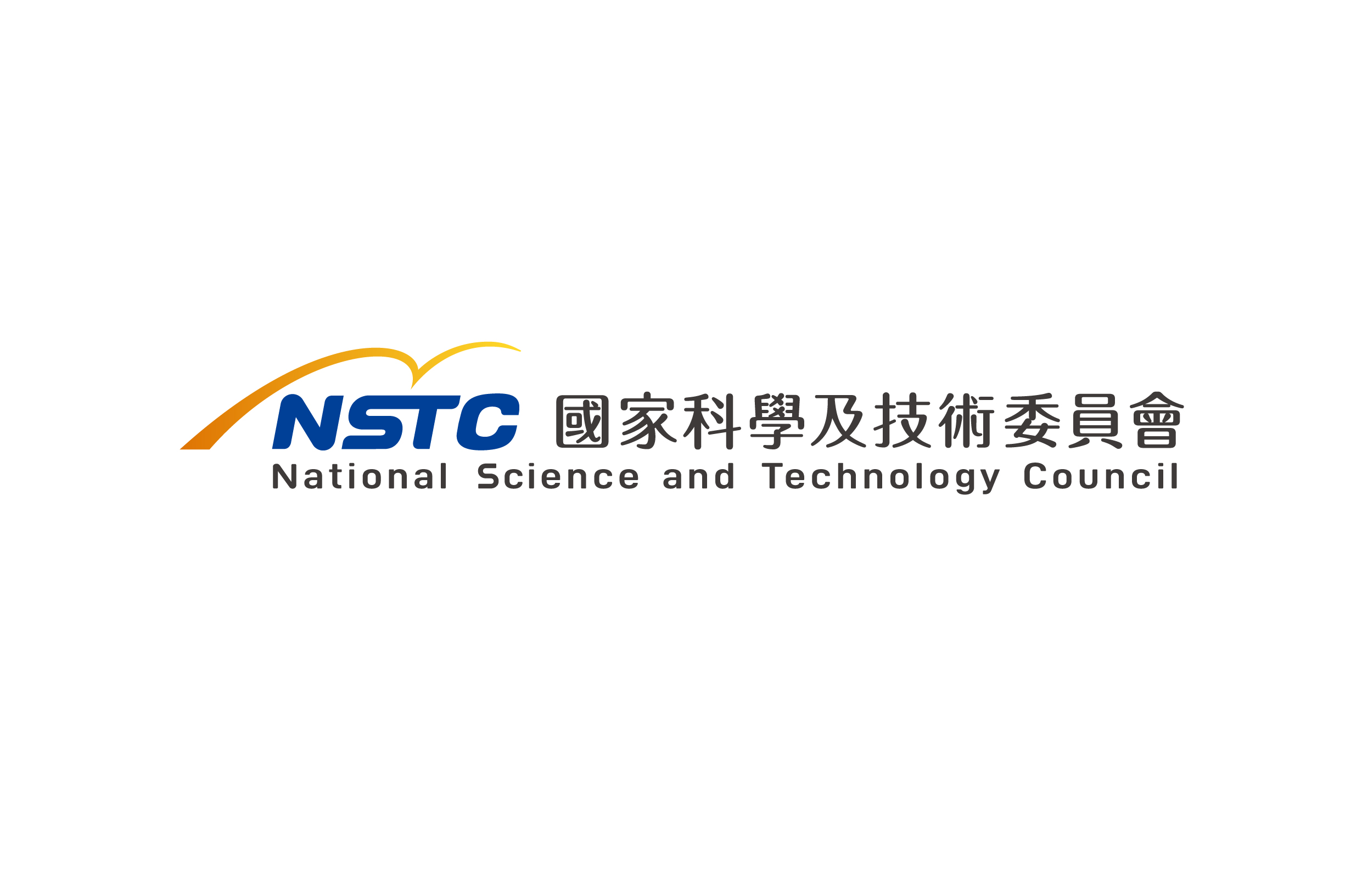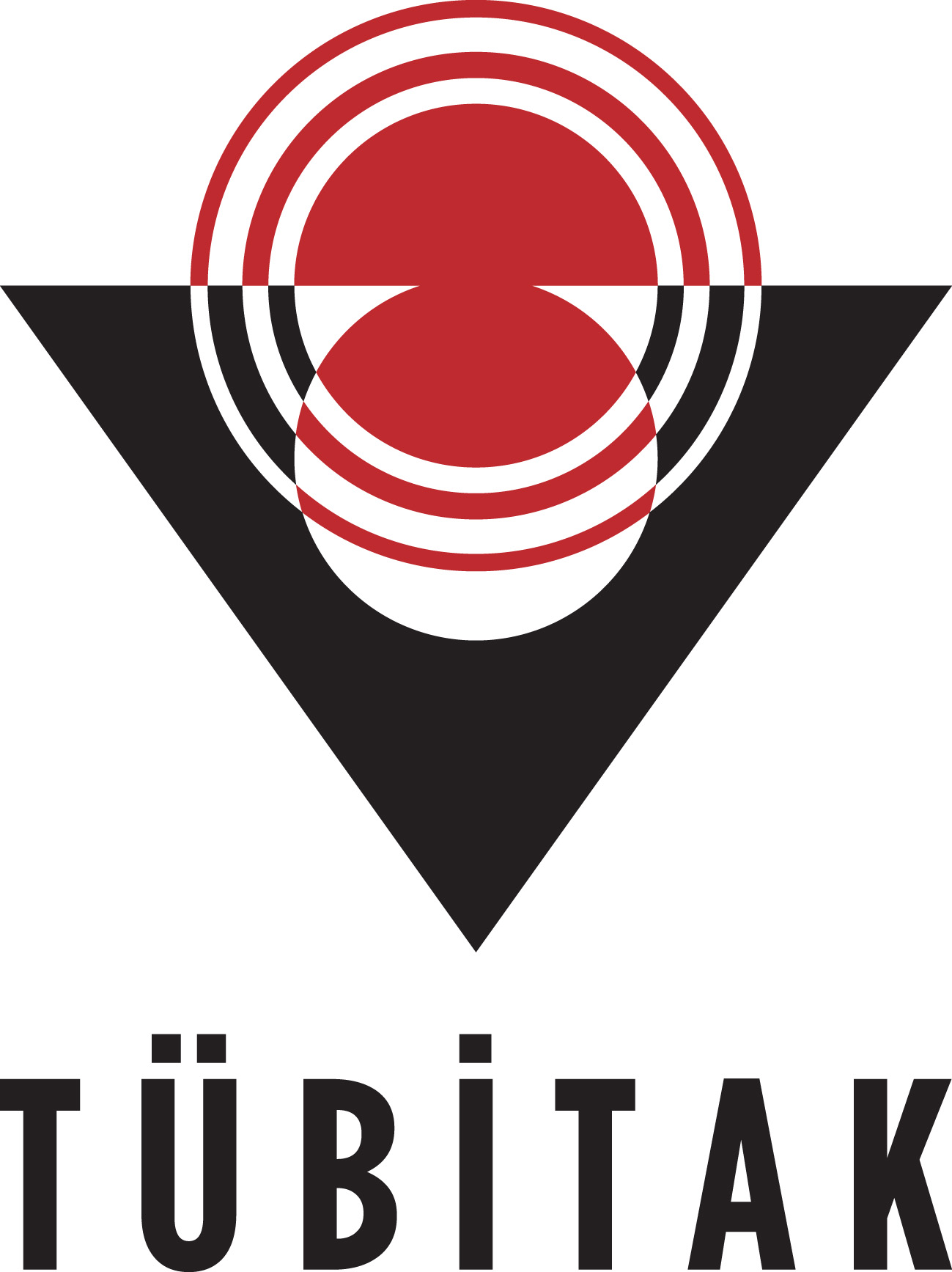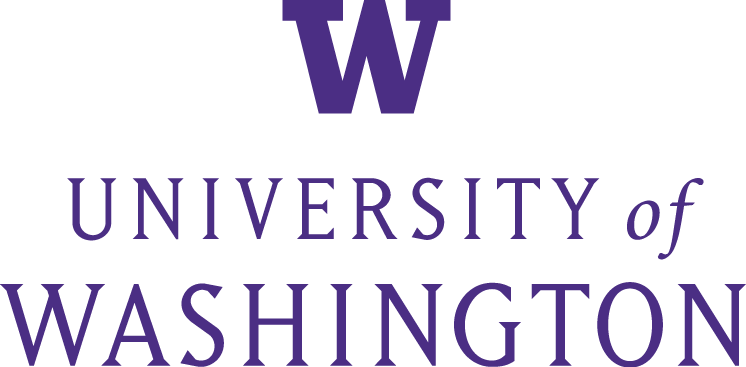Farming for the future
Farming for the future
Aquaponics OPTI: sustainable food production
Sustainable food production depends on the recovery of water, energy, and nutrients from waste streams within existing supply chains. Greenhouse hydroponic systems (HYP) and recirculating aquaculture systems (RAS) are two intensive food production systems that in combined production as an aquaponics system (AP) can utilize fish wastes as fertilizers, while recycling water and energy to increase both systems’ sustainability and efficiency.
Aquaponics OPTI: sustainable food production
Sustainable food production depends on the recovery of water, energy, and nutrients from waste streams within existing supply chains. Greenhouse hydroponic systems (HYP) and recirculating aquaculture systems (RAS) are two intensive food production systems that in combined production as an aquaponics system (AP) can utilize fish wastes as fertilizers, while recycling water and energy to increase both systems’ sustainability and efficiency.
Interdisciplinary Research
Aquaponics Opti is conducted by an international, interdisciplinary research consortium that includes aquaponics, aquaculture, biology, horticulture and built environment experts from seven countries on five continents.This multidisciplinary, multi-methods research project …
Interdisciplinary Research
Aquaponics Opti is conducted by an international, interdisciplinary research consortium that includes aquaponics, aquaculture, biology, horticulture and built environment experts from seven countries on five continents.This multidisciplinary, multi-methods research project …
Our partners
In order to address these needs, this project establishes a global network of AP producers by leveraging international expertise in seven countries across five continents. In direct collaboration with stakeholders, our team will analyze design aspects, business models and consumer preferences, while also carefully examining barriers and economic challenges of AP facilities in different countries. The project consortium represents expertise in aquaculture, horticulture, aquaponics, energy performance, geography, agriculture and the built environment from a wide range of cultural, and socio-economic backgrounds. The strength of the consortium rests in our ability to conduct transdisciplinary research to help AP realize its full environmental and socioeconomic potential as an essential part of green economies.






Funders





